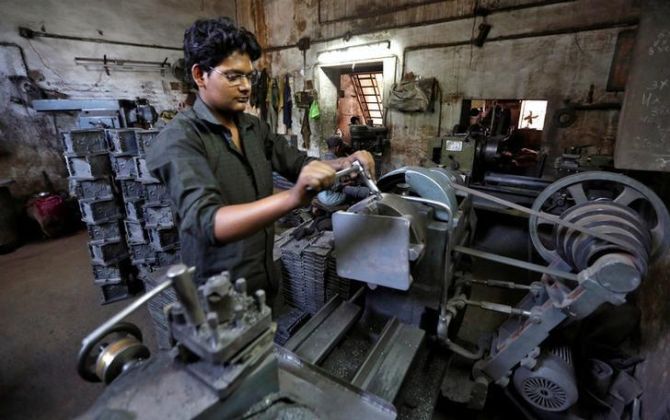Shares of Petronet LNG plunged 8.5 per cent during intra-day trading on Thursday, January 2 following critical remarks by the Petroleum and Natural Gas Regulatory Board (PNGRB) over tariff-related practices. The decline was further exacerbated by a bearish outlook from Citi, which placed the stock under a 90-day negative watch.
Regulatory Scrutiny Intensifies
PNGRB accused Petronet LNG of exploiting gas consumers through excessive tariff hikes at its Dahej terminal despite increasing capacity and utilisation. The regulator argued that the company has been “profiting immensely” at the cost of consumers.
A PNGRB discussion paper stated, “Rising charges while capacities have increased along with over 90 per cent capacity utilisation has led to the company profiting immensely at the cost of gas consumers.” The regulator also flagged concerns that new LNG terminals nationwide are adopting the same tariff model as Dahej, which it believes needs reconsideration.
PNGRB is advocating for the regulation of regasification activities to ensure fair pricing and optimise the use of LNG import infrastructure. Regasification involves converting liquefied natural gas (LNG) back into its gaseous state for distribution.
Brokerage Downgrade Adds Pressure
Adding to the regulatory headwinds, Citi reiterated its “sell” rating on Petronet LNG with a target price of ₹310, signalling a potential downside of over 4 per cent from current levels. The brokerage firm cited regulatory uncertainties as a significant risk to the company’s pricing power and profit margins.
“PNGRB’s stance introduces significant regulatory uncertainty, threatening the sustainability of Petronet LNG’s historically strong pricing power,” Citi warned. The company faces long-term risks to profitability amid escalating scrutiny, Citi added.
Company’s Clarification
After a steep decline in its share price, Petronet LNG issued a detailed clarification to the stock exchanges, addressing regulatory concerns raised by the PNGRB. The company categorically stated that regulating LNG terminals or their tariffs does not fall under PNGRB’s jurisdiction. Furthermore, it noted that any move to regulate LNG terminals and tariffs would require amendments to the PNGRB Act, 2006.
Petronet LNG emphasised the competitive nature of its operations, particularly at its Dahej terminal, which offers some of the lowest regasification charges in the country. These charges, the company explained, are determined through agreements between Petronet LNG and various users or capacity holders. The company also highlighted that regasification charges constitute only 5 per cent to 6 per cent of the delivered gas price to consumers, thereby minimising the overall impact on end users.
The company further clarified that the regasification tariffs in the industry are market-determined and operate without a monopoly in the regas terminal business. This, it said, underscores the transparent and competitive framework within which it operates.
Stock Price Trends
Petronet LNG’s stock tumbled to a low of ₹317.95 during the session, marking an 8.5 per cent drop. This places it over 17 per cent below its 52-week high of ₹384.90, achieved in August 2024. However, the stock remains 41 per cent above its 52-week low of ₹225.05, recorded in January 2024.
Despite the current setback, the stock has gained more than 53 per cent over the past year, reflecting a strong performance prior to the recent challenges.
Disclaimer: The views and recommendations above are those of individual analysts or broking companies, not Mint. We advise investors to check with certified experts before making any investment decisions.




